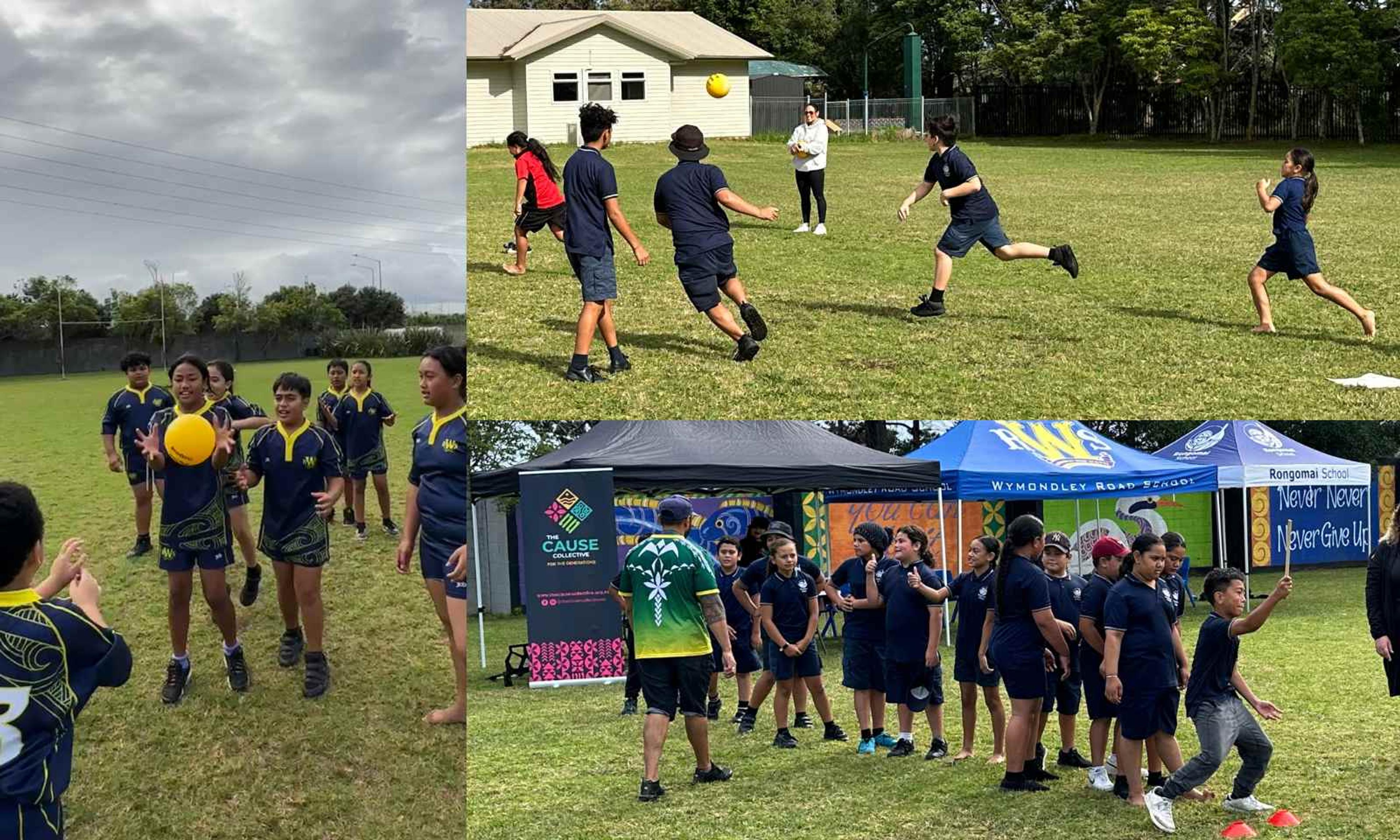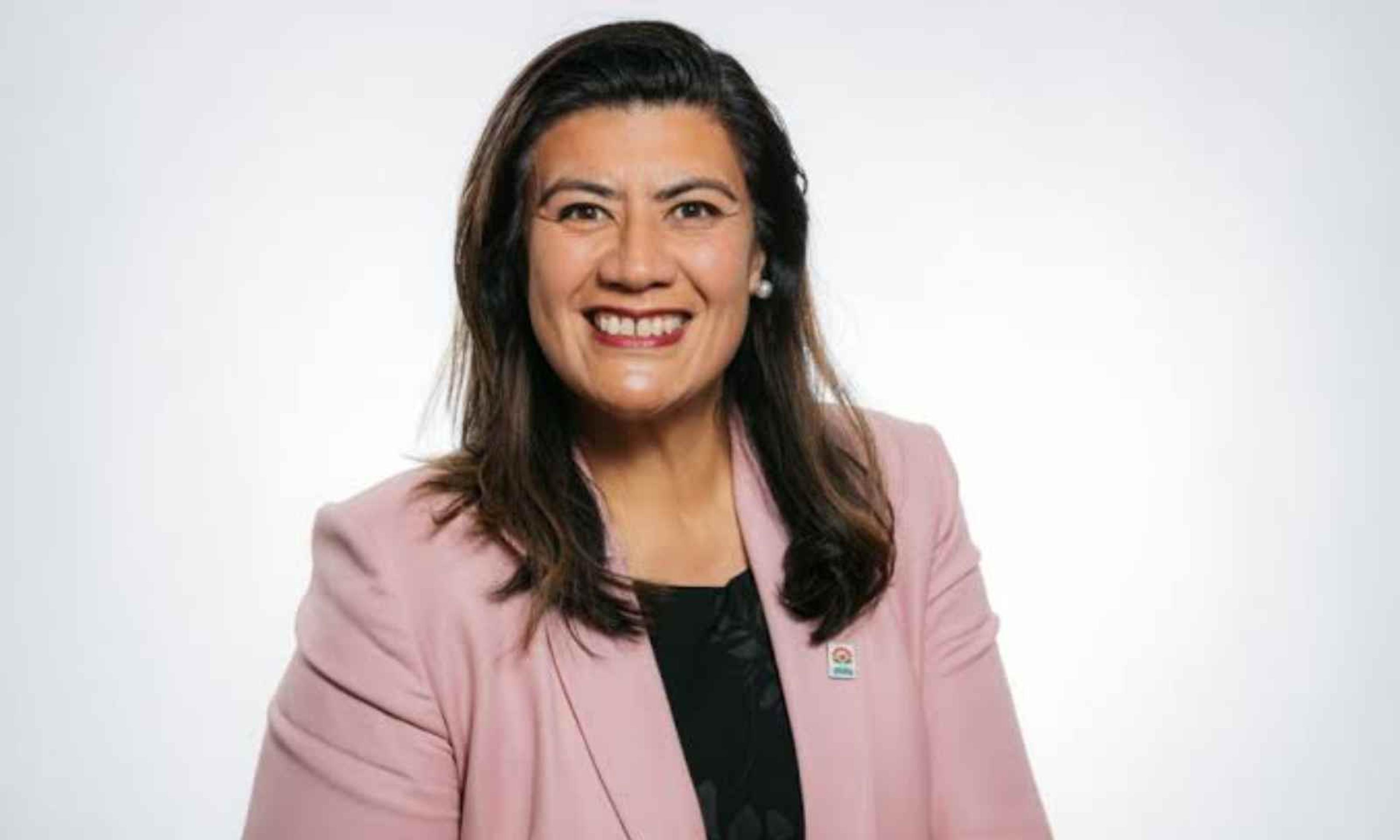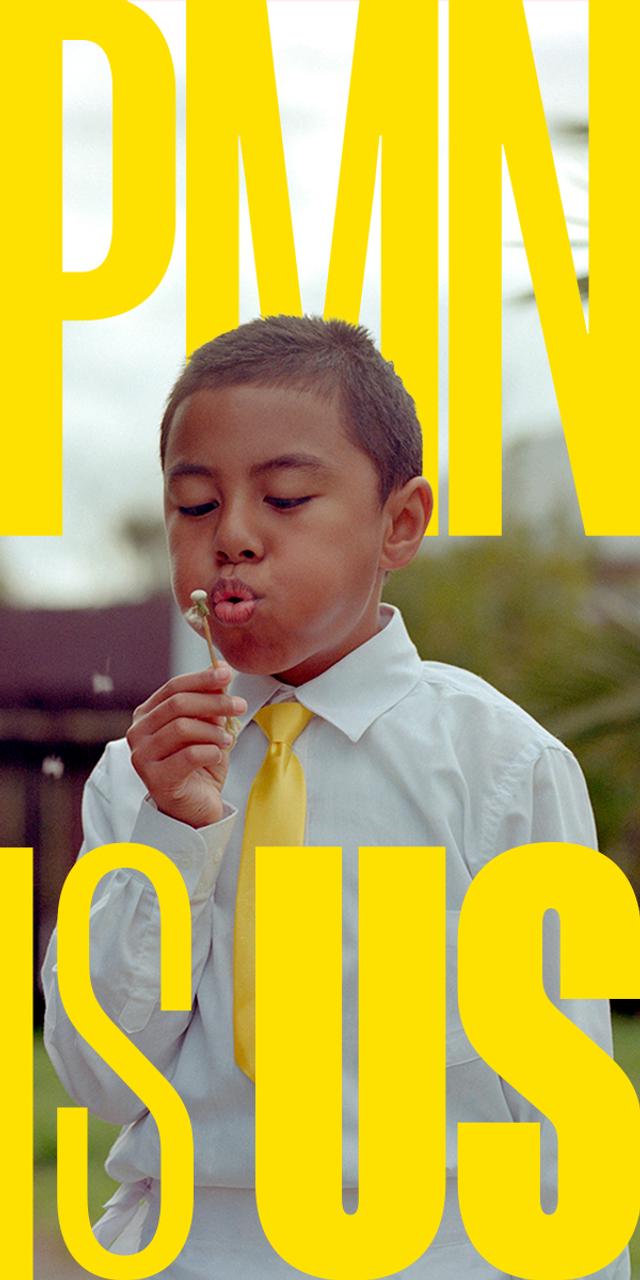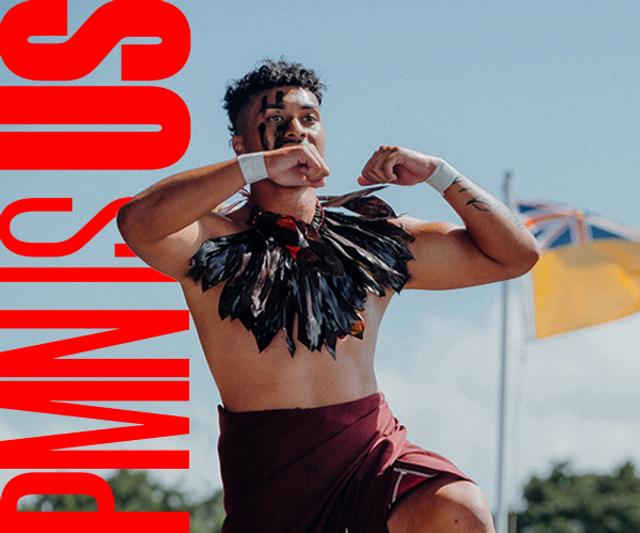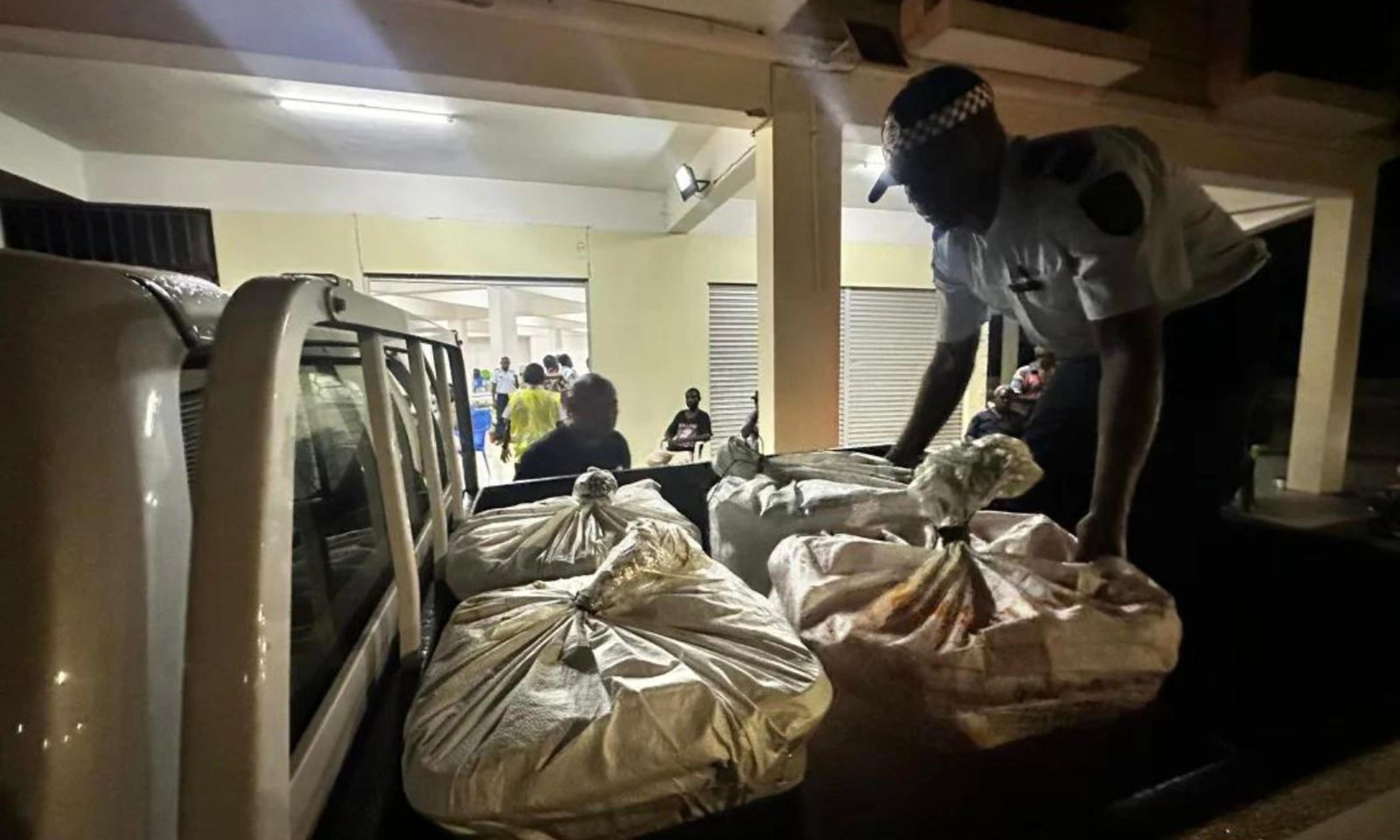
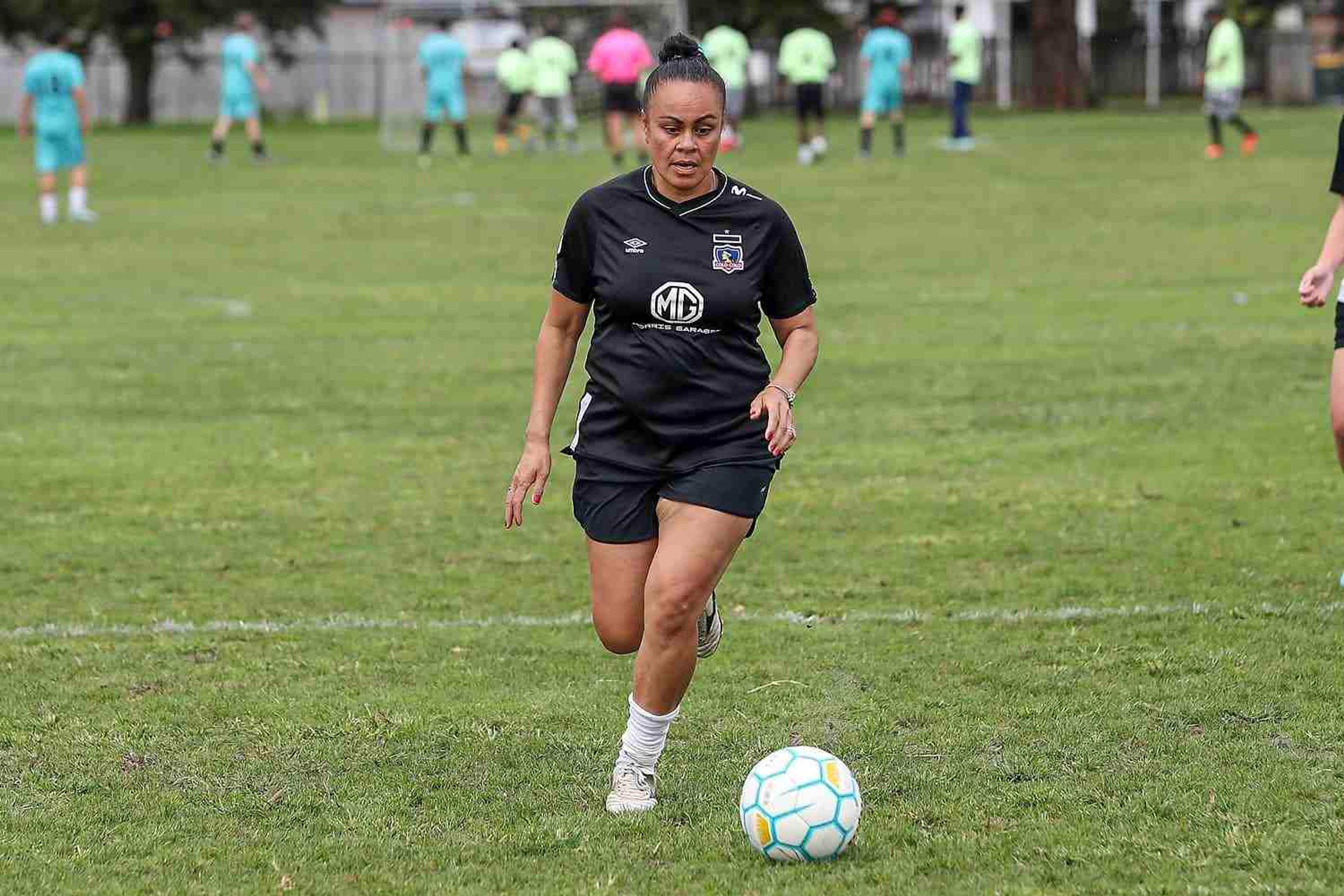
Manukua United's Rosie Leota has learnt to use the racism she experiences as motivation to play harder.
(Photo: Phototek/Shane Wenzlick)
Auckland club football’s racist underbelly revealed in new report
Recently released research on club football in Auckland has revealed alarming incidents of racism among players and fans, leading to concerns many are quitting the sport as a result.
“Coconut”,” ni**er”, “black piece of shit”.
These are just some of the terms used in football matches around Auckland on any given weekend, according to a damning report on racism in New Zealand football.
The report, published by Manukau United Football Club and funded by the New Zealand arm of Unesco is called Racism in Football in Aotearoa and is based on qualitative data from 18 participants, found 83 per cent of those interviewed had either experienced or witnessed racism both on and off the pitch.
On top of the explicit verbal abuse players had been subject to, the report also revealed that many players of colour are leaving the sport prematurely because they believe institutional bias is stopping them from progressing to higher levels in the game.
For Manukau United’s Rosie Leota, the racism has become so common, she now uses it as motivation rather than let it rattle her.
“The most common phrase is being called a coconut when playing at a competitive club level,” said Leota, who is of Samoan descent. “But I guess what’s inspired me is seeing how someone like Tim Cahill [a former professional footballer who played at the Fifa World Cup for Australia] – who’s also Samoan – in how he’s dealt with it.”
She said her partner, who’s from Chile, also gets abused in the men’s club competition.
“I know a lot of Māori and Pacific players have been called the same thing as me,” Leota said.
“And I know my partner, who can tan a bit more than me, has been called a ni**er, and I know it’s something that really aggravates him.”
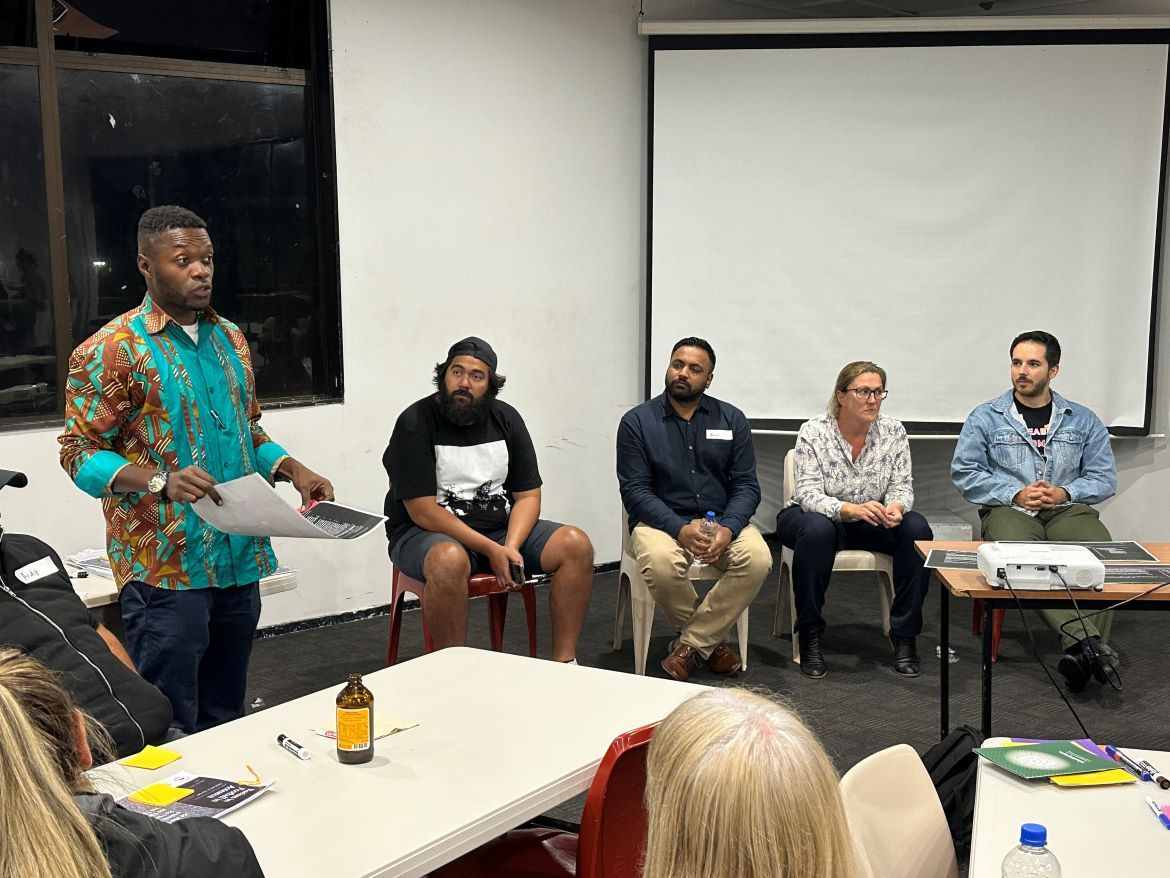
Red Tsonga shares his experiences of racism at the report launch.(Photo: Justin Latif)
Dr Lynaire Doherty, one of the co-authors of this report, said despite having been around the sport for over 30 years as a club volunteer, she was surprised by how widespread the racial abuse was.
“I guess for me, hearing from the children who were as young as eight or nine years old, who were already developing ideas about how different groups were treated and were also hearing racist things, was quite shocking – and clearly that is going to impact them staying in the sport.”
Red Tsonga sits on the board of the New Zealand Christian Football League, which runs an Auckland football competition that caters to teams from ethnic communities and local churches.
He moved to New Zealand from the Congo, in part hoping he could take his footballing skills further here, and he’s concerned racism is diluting the talent in New Zealand football.
He was called a “black piece of shit” in a festival tournament but says the organisers refused to ban or penalise the player, who also threatened to kill him.
“I saw first hand how casually racism is dealt with here and because the people running these events have never experienced these things themselves, they don’t know what the long-term consequences are for us.”
He said talented players of ethnic background are likely to quit the sport if their concerns aren’t taken seriously.
“Coming to New Zealand, my dream was to play football but unfortunately, like many who come here, their football goes nowhere,” he said.
“Usually young players of an ethnic background are experiencing discrimination when it comes to selection and access to resources, so we need to see an equal share of investment and opportunities to nurture the talent.
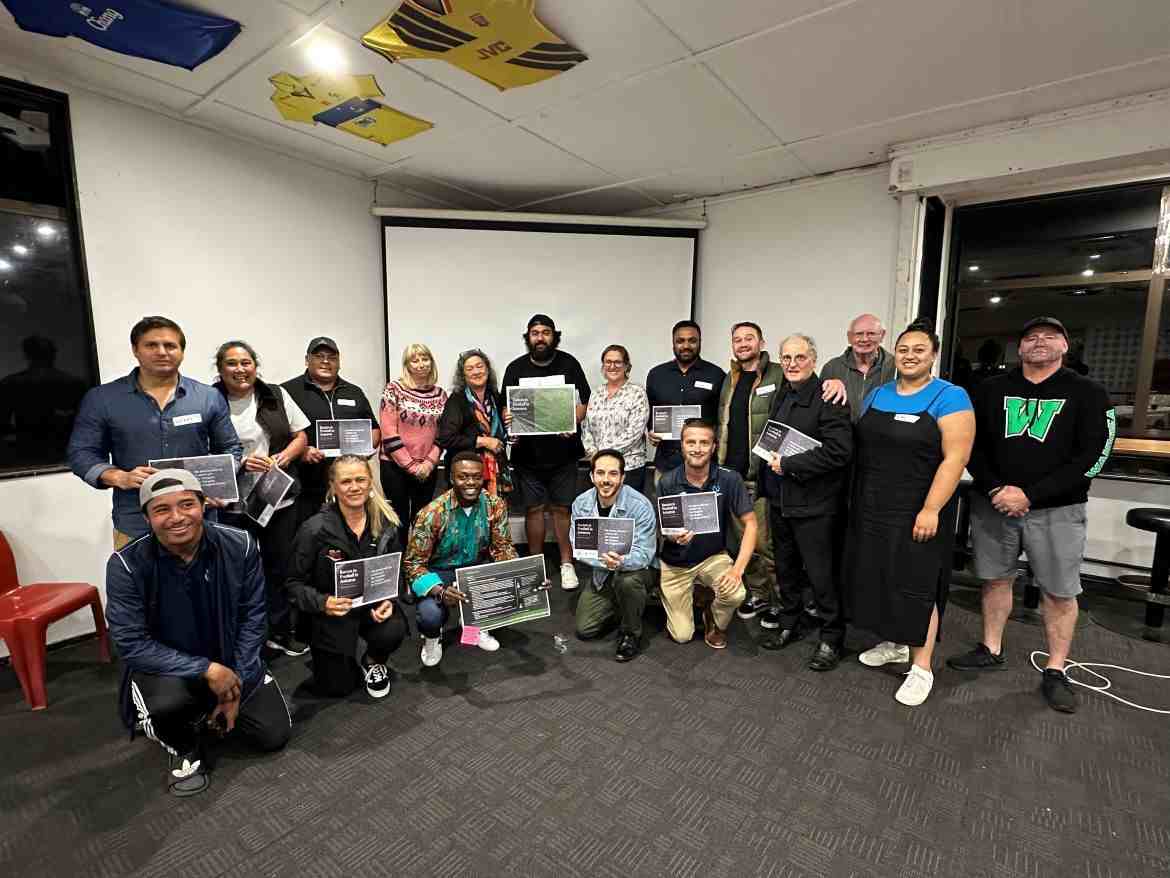
The Racism in Football In Aotearoa report was launched at the Manukau United Football club in Mangere East. (Photo: Justin Latif)
Northern Region Football chief executive Laura Menzies, who oversees the club competitions in Auckland and Northland and attended the report’s launch, said her organisation has been aware of racism blighting the local game, but said “first-hand accounts are really valuable for us to look at for where we can make things better”.
“We’re certainly aware that there’s a number of accounts of racism each year which come through to our disciplinary process,” Menzies said.
“And I'm sure there will be cases where people don’t feel safe or don’t feel they belong in our sport.”
Menzies said stamping out racism in the sport will require every club and football organisation, including New Zealand Football, to make changes.
“I think there’s lots of really good examples around the country and overseas around how we tackle racism better – acknowledging that it exists in football – and looking at what we can change at a national and regional policy.
“It’s also the federations having the right conversations with referees and with our clubs, and it’s also about NZ Football taking a lead as well.”
Green Party MP Ricardo Menéndez March is his party’s sport and recreation spokesperson and also attended the report launch. He said while the government has put a pause on hate speech legislation, there are other ways it can reduce racism in sport.
“The Greens were quite clear that hate speech laws should have been strengthened rather than delayed,” he said. “But there’s still work we can do around ensuring more equitable funding for our sporting communities in lower-income communities. And there is still an opportunity [for government departments] to fund projects that specifically help tackle racism in sports.”
In a statement, New Zealand Football said in a statement that the organisation had a “zero-tolerance approach to incidents of racism when reported”, and in the past 12 months had dealt with three such incidents occurring in national competitions or as appeals of regional competition decisions.
“While we have made progress in this area, New Zealand Football agrees that there is work to do to ensure the leadership of our game reflects and represents the communities of Aotearoa New Zealand, and that the game, and in fact all sports, can provide a safe and enjoyable space for all participants.”
NZF also pointed to a 2021 survey that found 35% of the 8,282 participants had occasionally experienced or witnessed inappropriate behaviour in the last 12 months, below the team sport average of 41%, “so this is not an issue specific to football and is in many cases worse in other sports”.
She said strategies to address such behaviour included coach education programmes, intervention strategies aimed at referee abuse and encouraging appropriate behaviour among parents, and an app that records referee feedback on team behaviour. NZF was also working with Māori Football Aotearoa and staff have participated in training sessions on upholding Te Tiriti.

